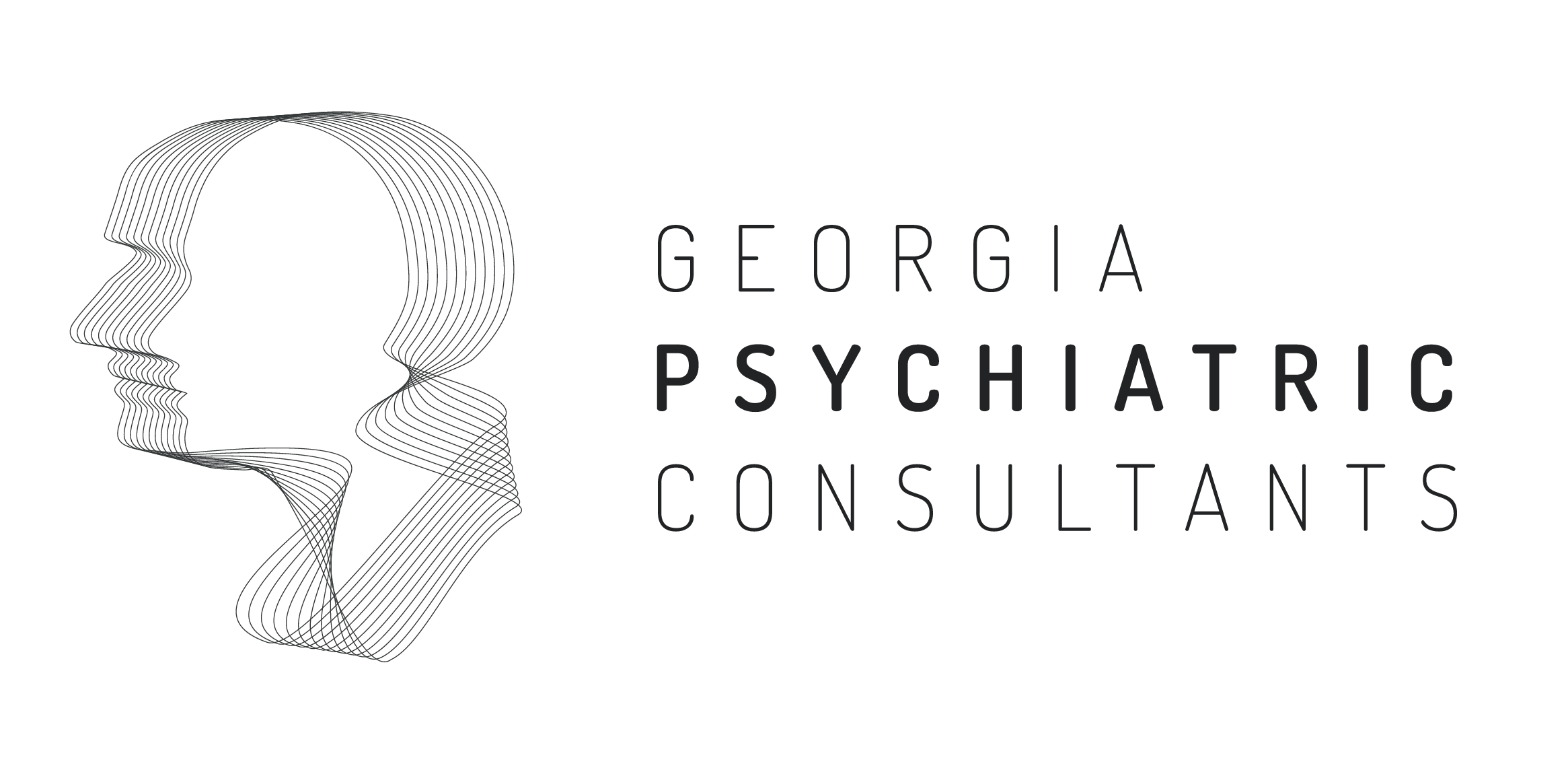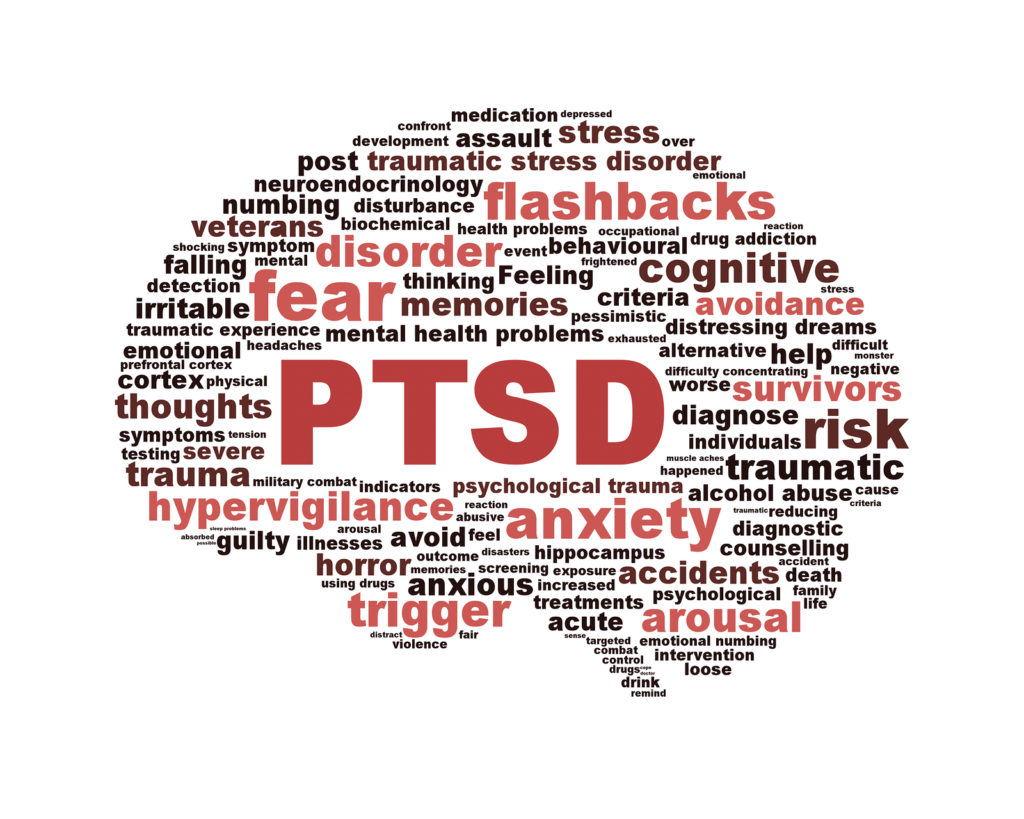Most depression, tension, irritability, anxiety and food craving symptoms have some biochemical cause in addition to their psychological cause, meaning they come from a brain deficient in feel-good chemicals. Prolonged stress can “use up” natural sedatives, stimulants, and pain relievers until the brain can’t keep up with the demand. Once these chemicals are gone, many of us turn to food for comfort, particularly foods with endorphin effects. The problem is that your body may ask for more and more addictive foods in order to achieve the desired endorphin surge when what it really needs is nutrients such as protein, Vitamin B, Vitamin D and omega-3s. It’s time for us to change the concept of “comfort food” from French fries and sweets to nutritious, mood-boosting brain fuel. Restoring depleted brain chemistry sounds like hard work – but there’s a huge (and hugely tasty) variety of foods to choose from when you’re looking for a psych-healthy snack. Here are some easy tips for eating with mental health in mind…
- Avoid sugary drinks and excessive caffeine.
Sugary drinks have empty calories and caffeine dehydrates you. Studies show that even mild dehydration can cause fatigue, difficulty concentrating and mood changes, in addition to physical effects like thirst, dry skin, headache, dizziness and constipation. Try to drink at least 2 liters of water a day to prevent dehydration and cell damage.
- Eat breakfast.
Breakfast is needed to fuel your brain, fight off morning fatigue and jump start your metabolism.
- Find healthful lunches and dinners.
Too much fatty, fried, refined and sugary foods can significantly increase a person’s risk of depression. Make meals that rely on fruits, vegetables, nuts, whole grains, fish and unsaturated fats (like olive oil) to potentially decrease your chance of developing depression.
- Shop the perimeter.
Most grocery stores keep fresh foods on the sides of the store and junk food in the middle so try to stay around the edge of the store. For carbs, choose whole grains instead of white flour. They’re a good source of fiber and can provide folates that’ll make you feel good.
- Up your folate (Folic Acid, Vitamin B9) intake.
Increased intake of folate is associated with a lower risk of depression. Folic acid is also needed for cell production. Leafy green vegetables like spinach and kale, fruits, nuts, beans and whole grains have high amounts of folic acid.
- Don’t forget the Vitamin D.
Rates of depression are higher in people with Vitamin D deficiency. This important nutrient is also thought to play a role in Seasonal Affective Disorder. Most foods do not naturally have Vitamin D, but many are “Vitamin D fortified” like cereal and milk. Fatty fish like salmon and tuna have the most naturally occurring Vitamin D.
- Enjoy omega-3 fatty acids.
Some studies suggest that omega-3s have a mood-stabilizing effect. They may also help boost the effectiveness of conventional antidepressants. Oily fish (salmon, trout, sardines) and flaxseed oil are the most highly recommended sources of omega-3 fatty acids.
Want to start eating a healthier diet but aren’t sure how? Psychiatrist in Decatur can help!



